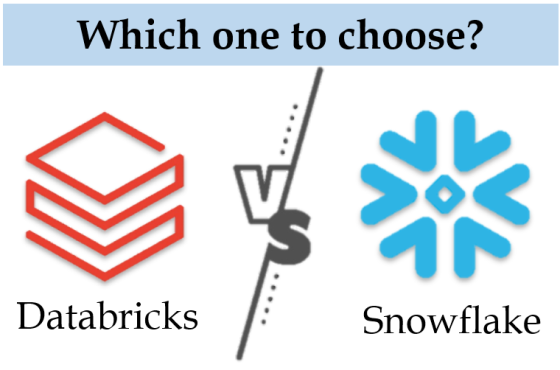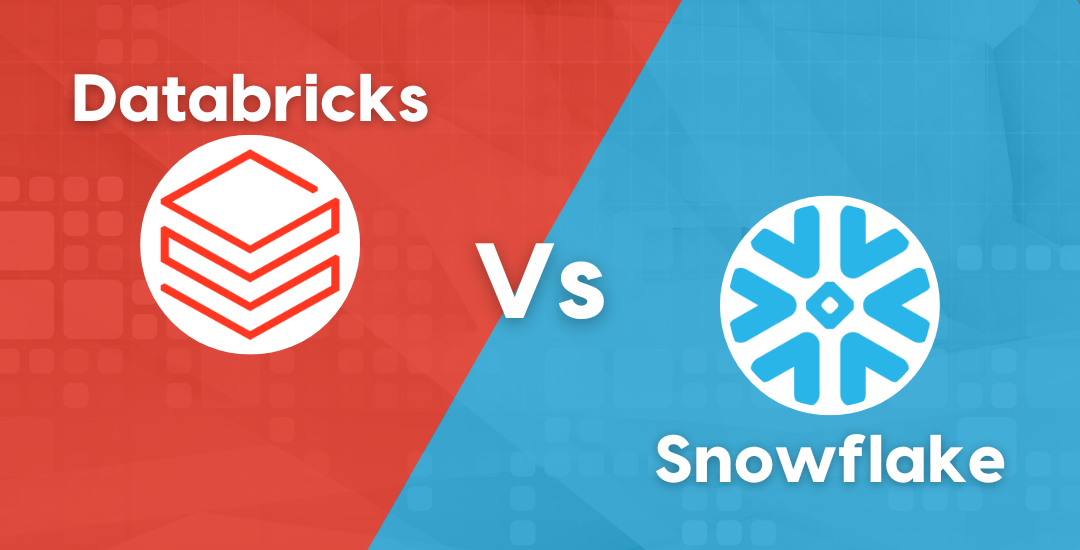Databricks vs Snowflake: Which Cloud Data Platform Is Right for You?
In today’s data-driven world, choosing the right cloud data platform can make all the difference for businesses striving to harness the power of their data efficiently. Two industry giants leading the charge are Databricks and Snowflake. Though both share the common goal of enabling enterprises to analyze and use data effectively, they cater to different needs, audiences, and technical use cases.
In this post, we’ll break down the key differences and similarities between Databricks and Snowflake to help you understand which platform aligns best with your organization’s goals.
What is Databricks?
Databricks is a unified analytics platform built on top of the open-source Apache Spark framework. It is designed for handling large-scale data engineering, data science, and machine learning workloads—making it a favorite among data scientists and engineers. Databricks offers a collaborative environment that allows teams to build, train, and deploy machine learning models, as well as carry out complex data transformations with ease.
What is Snowflake?
Snowflake is a cloud-based data warehousing service focused on delivering fast and scalable analytics. It shines when it comes to data storage, querying, and business intelligence. Snowflake’s user-friendly SQL interface and highly scalable, decoupled architecture make it an excellent choice for analysts and business users who rely heavily on querying and reporting capabilities.

Key Comparisons Between Databricks and Snowflake
- Architecture: Databricks integrates data engineering, data science, and machine learning workflows through a unified analytics engine, which fosters collaboration and innovation. Snowflake’s architecture separates storage from compute, allowing each to scale independently — perfect for handling varying analytic workloads efficiently.
- Performance: Databricks excels at fast processing of large datasets and complex data transformations using Spark’s distributed computing power. Snowflake offers strong SQL query performance and analytics capabilities, optimized for speedy retrieval and processing of structured data.
- Integration & Ecosystem: Databricks supports a wide variety of open-source tools and libraries favored by data scientists, providing a flexible environment for experimentation. Snowflake seamlessly integrates with popular business intelligence tools and provides straightforward data sharing options, focusing on ease of use for analysts.
- Security: Both platforms prioritize security, offering features such as encryption, role-based access control, and compliance certifications. Snowflake includes additional cost-saving features like auto-suspend to optimize resource usage.
- User Experience: Databricks promotes a collaborative workspace designed for technical users who write code and build models. Snowflake offers a polished, intuitive UI geared more towards business analysts and users preferring straightforward SQL querying without steep learning curves.
So, Which One Should You Choose?
Your decision should depend on your organization’s core needs:
- If your focus is on advanced data processing, machine learning, and collaborative data science — Databricks is the go-to platform.
- If you need a powerful, scalable cloud data warehouse optimized for analytics, reporting, and business intelligence with easier SQL-driven interaction — Snowflake will likely serve you best.
Both platforms are incredibly powerful and continue to innovate rapidly. In some cases, they can complement each other within the same ecosystem, combining Databricks’ data engineering and machine learning prowess with Snowflake’s data warehousing and analytics strength.
Final Thoughts
Choosing between Databricks and Snowflake boils down to your team’s skill set, project goals, and preferred workflows. For data scientists and engineers tackling complex transformations and machine learning, Databricks offers unparalleled flexibility and performance. For analysts and businesses focused on high-performance analytics and straightforward data warehousing, Snowflake provides an elegant and user-friendly solution.
Whatever your choice, investing in either platform is a step towards unlocking more value from your data and staying competitive in an increasingly data-centric world.








